
Human Growth Hormone is a vital hormone which protects and preserves the health of both the body and the mind. This hormone, also referred to as HGH, is secreted by the pituitary gland by cells known as Somatotrophs. HGH produced by the human body is also called Somatotropin, whereas bio-identical Growth Hormone created with recombinant-DNA technology is called Somatropin. These two forms of the hormone are structurally and physiologically the same, just coming from different sources: one within the body, and one in a sterile laboratory.
Video Link: https://vimeo.com/253142679
Video Download: How Hgh Will Improve Your Life
Video Stream: How Hgh Will Improve Your Life
Growth Hormone Levels Correlated with Good Health
Healthy HGH levels are one of the strongest indicators of both vitality and youthfulness. Growth Hormone levels are at their highest when we are in adolescence and puberty, because the body produces elevated levels of Growth Hormone in order to encourage growth. Of course, once puberty is complete and the adolescent reaches his or her final adult height, Human Growth Hormone is still active in the body -- its concentrations just drop to a level which no longer encourages growth, but creates homeostasis in the body through its influence upon metabolism.
Starting at around the age of twenty, HGH levels start to fall at a very slow pace, which is more or less unnoticeable, but around the age of thirty, Growth Hormone production starts to decrease at a faster rate, and this is when some patients start to have issues with the preliminary stages of Growth Hormone Deficiency. Of course, every patient is different and most will not feel these effects for some time to come, unless they have other factors which suppress Growth Hormone levels, such as obesity, sleep apnea, or other conditions which affect the secretion of HGH or its activity within the body.

Human Growth Hormone decline is actually one of the major factors which contribute to aging. Because HGH stimulates cellular metabolism, declining hormone levels create a situation where the body can no longer sufficiently perform the housekeeping necessary to keep the body in an optimally healthy state, which leads to symptoms of physiological decline all throughout the body.
HGH Declines Slowly and Steadily Over Time
There are decades of research into the effects of Human Growth Hormone upon the body, and evidence shows that the body loses an average of 15% of its ability to produce its own HGH every ten years. It's the sort of condition that creeps up on a patient, and it does not become clear that HGH Deficiency is a major health issue until the patient realizes how much their body has changed over time.
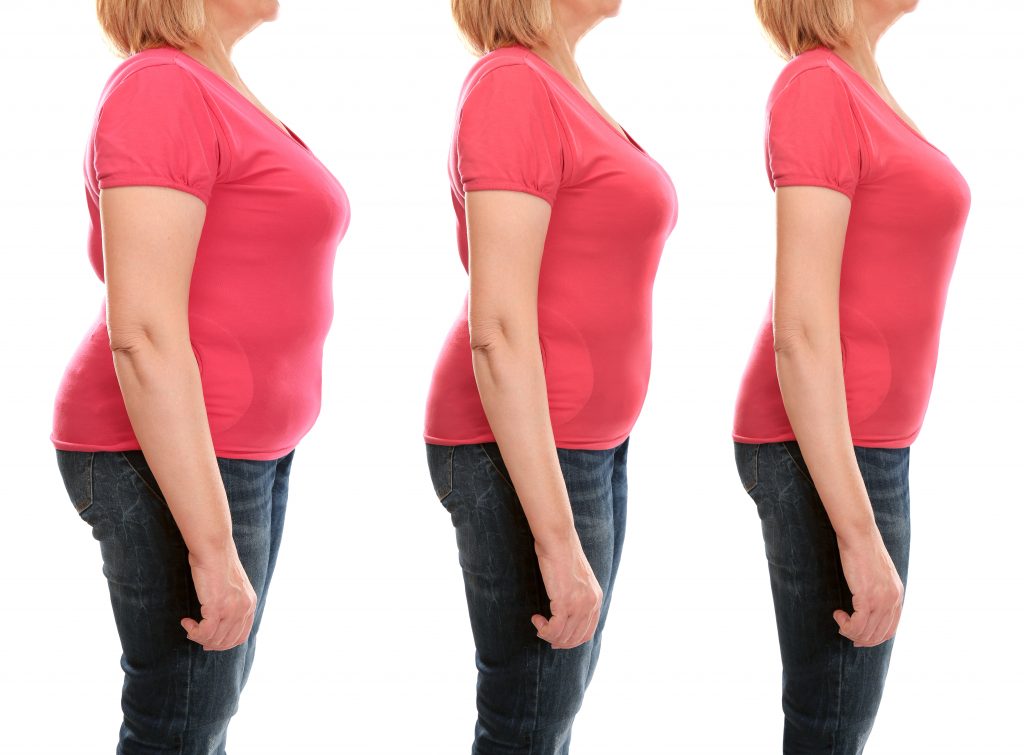
HGH Promotes Organ and System Health
Human Growth Hormone impacts practically every organ and system of the body. It maintains the immune system, encourages healthy body composition, promotes stronger bones, and speeds up healing, just to name a few ways that HGH sustains health. The way that Growth Hormone achieves all of these goals and more is because it increases the body's ability to transport amino acids into each individual cell, thereby improving cellular metabolism.
One of the most important goals of HGH is to keep your body flush with new cells. Over time, cells age and die, and must be replaced. Human Growth Hormone keeps this process in homeostasis, but as HGH secretion fades, this disrupts the process, causing aging cells to remain active longer than normal, and also limiting the body's ability to replace these aging cells as their function declines and they inevitably die off. Injectable HGH therapy is a means by which it is possible to subvert this catabolic process, improving cellular metabolism as well as the general health of the body.
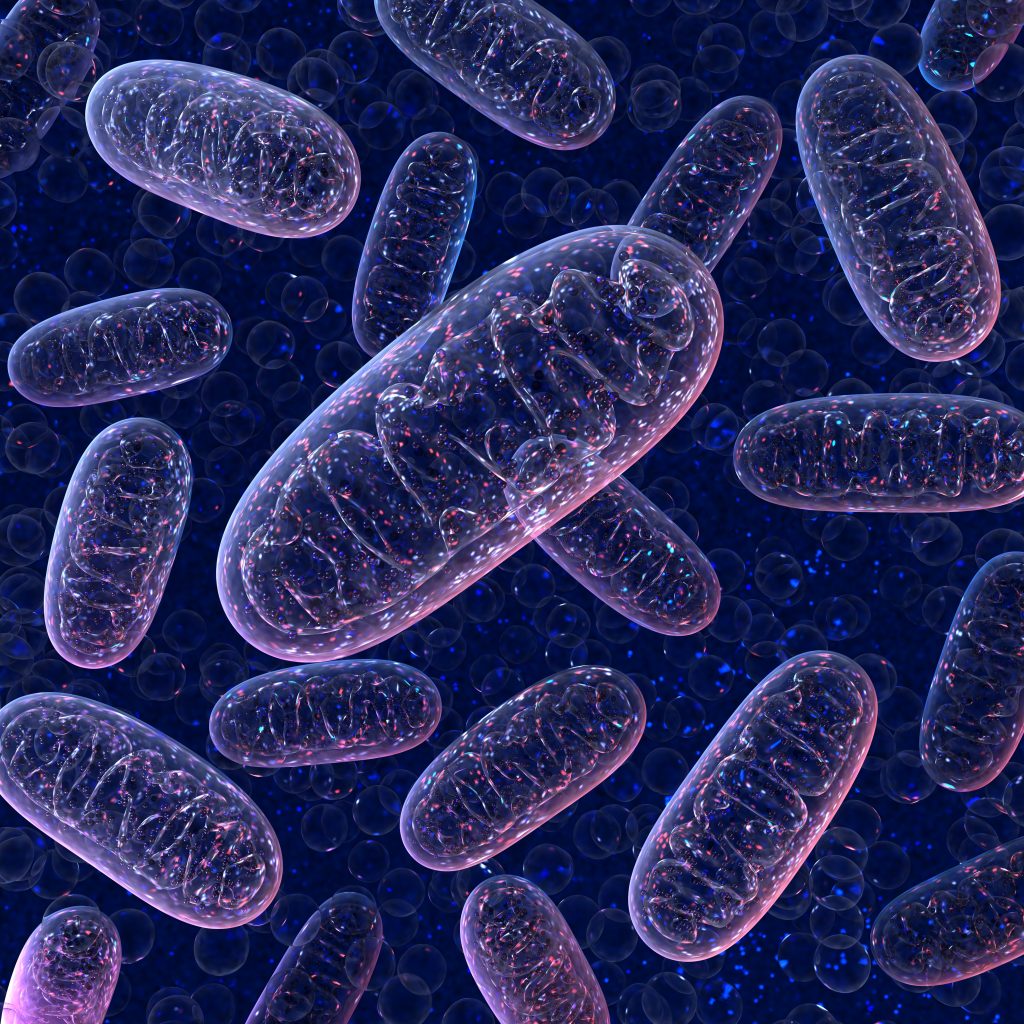
What are Hormones?
Hormones are the mechanism the body uses to send messages to disparate organs throughout the body, by means of the bloodstream. The body has a wide variety of hormones that control various aspects of human physiological function. Hormones often act as an intermediary between the brain and the peripheral organs to encourage physiological actions which maintain the health of the body.
HGH is one of these hormones, and is released by the pituitary upon stimulation by the hypothalamus by a precursor hormone known as Growth Hormone-Releasing Hormone (GH-RH). HGH is the most complex hormone produced by the human body, and is comprised of a polypeptide chain of 191 amino acids, making it, by far, the longest hormone made by humans. In addition to being the largest, it is also one of the most active hormones, especially during puberty and early adulthood.
HGH Levels Through the Lifespan
Growth Hormone levels are at their highest while we are in the growth spurt of our teenage years, and fall to a “new normal” of around 500 mcg per day by twenty years of age. As we previously mentioned, these levels start to drop more rapidly around the age of thirty, and by forty, average HGH concentrations drop by around 60%, to 200 mcg per day. This rapid decline remains problematic all throughout life, and by the age of eighty, the human pituitary only releases around 25 mcg per day.
When looking at HGH Deficiency by the numbers, it's quite plain to see that the aging process has a devastating effect upon Growth Hormone levels, and research suggests that the opposite is true as well — when HGH levels fall, the body loses its ability to stay healthy and the physiological decline associated with aging is exacerbated. Aging is not the only aspect that impacts HGH levels, however. There are a number of lifestyle factors which inhibit the production of Human Growth Hormone, which make HGH Deficiency symptomatic and problematic more quickly, including chronic stress and poor nutrition.
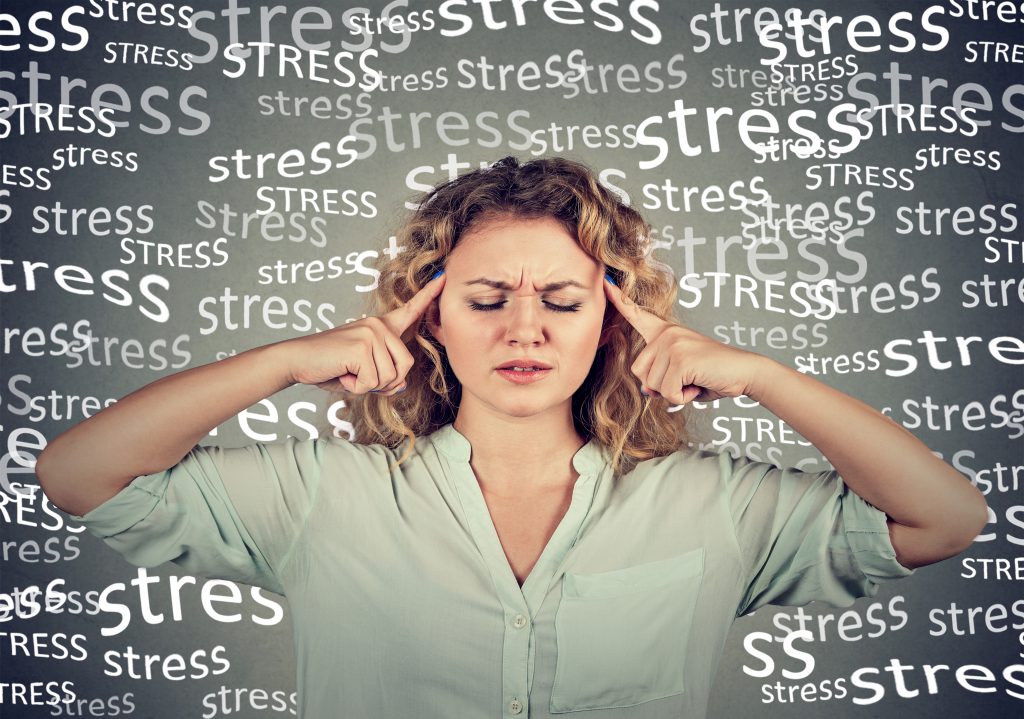
What to Expect on HGH -- Monthly Guidelines
Every patient will respond to HGH restoration in their own way, based upon their physiological and genetic condition, but this is a guideline of what you can expect while you are on Growth Hormone therapy for HGH Deficiency.
Month One:
- Improved Sleeping Habits
- Less Daytime Fatigue
- Enhanced Energy Levels
- Increased Physical and Psychological Stamina
- Improved Perception of Self
- Greater Optimism
- Clearer, Brighter Dreams
Month Two:
- Improved Digestion
- Healthier Skin Tone
- Improved Sexual Function
- Noticeable Loss of Body Fat
- Enhanced Strength and Muscle Tone
- Healthier Nails
- Improved Night Vision
Month Three:
- Improved Flexibility
- Increased Healing from Cuts, Scrapes and Bruises
- Enhanced Cognitive Function
- Overall Reduction in Pain
- Improved Libido
- Thicker, Healthier Hair
- Increase in Muscle Mass
- Fewer PMS Symptoms
- Improved Response to Menopause
Month Four:
General, continued improvement in all of the changes that have accrued in the previous three months...
Month Five:
- Highly Noticeable Weight Loss
- Fewer Wrinkles
- Overall General Visible Appearance of Health
- Healthier, Shinier Hair
- Stronger, More Responsive Skin
Month Six:
- Reduction in Cellulite
- Vastly Improved Immune Health
- Improved Blood Pressure
- General Improvements in Psychological Health
- Balanced Heart Rate
- Previous Injuries and Scars Start to Heal
- Enhanced Eyesight due to Improvement in Rods and Cones
- Hair Sometimes Regains More Youthful Color
- Overall Improvement in Body Composition

How Does Human Growth Hormone Work?
HGH works by enhancing and improving the cellular metabolism of the body, in turn, improving the body's hormone balance. The optimal health of the pituitary is integral to the body's proper use of energy and nutrients. When your pituitary isn't producing enough HGH, it affects metabolism and hormone balance all throughout the body. When the pituitary isn't functioning efficiently, it leads to symptoms of chronic fatigue and premature aging, and it also upsets the normal balance of fat metabolism and muscle integrity which preserves healthy body composition.
Injectable, bio-identical HGH improves health by restoring more youthful levels of Growth Hormone to those associated with the health that you experienced in your twenties. It helps keep your body rejuvenated, healthy and ready for the day. Modern research data provides undeniable evidence that our HGH levels decline over time, to the detriment of our health and wellness. This improves the body's ability to effectively rehabilitate itself and mitigate the influence of declining Growth Hormone production upon aging. For patients suffering from age-related Growth Hormone Deficiency, injectable HGH, and other treatments which stimulate Growth Hormone production such as Sermorelin Acetate, have the ability to speed up the rate that the body replaces its aging and dying cells, improving the health and physiological function of the body.

How is HGH Deficiency Diagnosed?
One might assume that the best way to measure Human Growth Hormone would be to directly measure HGH concentrations in the bloodstream, but this is actually a very poor indicator of underlying Growth Hormone levels. This is because the pituitary releases HGH in quick bursts known as pulses which are then absorbed by the liver and other organs very rapidly, in a matter of only minutes. On the other hand, another hormone — Insulin-Like Growth Factor-1 (IGF-1) — is a derivative of HGH that remains active in the body for a few days before it is used up and/or metabolized. Because of this, IGF-1 levels remain relatively static over time, providing a snap-shot of your HGH concentrations.
Human Growth Hormone Benefits
One of the most revealing studies related to HGH therapy was produced in the early 1990s by a researcher named Dr. Daniel Rudman. This study was released in the New England Journal of Medicine, and provides stark evidence of how prescription HGH can improve health and wellness for aging patients suffering from HGH Deficiency. The results of this research continue to be examined today, and show how Growth Hormone Deficiency can drastically affect the process of aging. HGH therapy is not an anti-aging treatment or miracle drug, but by combining HGH injections with healthy lifestyle choices, it is possible to drastically improve health and wellness. The goal of Dr. Rudman's research was to examine how Human Growth Hormone injection therapy affected the health of obese patients from sixty-one to eighty.
In this study, the participants were advised to maintain their current habits, with the only change coming in the form of the treatment itself. What Rudman discovered was that HGH injections helped patients increase muscle mass by nearly 9% while encouraging them to naturally lose 14% fat mass simultaneously. The treatments also led to an increase in bone mineral density and healthier skin. Clinical Health and Wellness Specialists Dr. Edmund Chien and Dr. Leon Terry provided HGH therapy in combination with Health and Wellness Services to 202 men and women from the age of thirty-nine to seventy-four. The following are the results of that treatment:
- 61% Experienced Fewer Wrinkles
- 62% Experienced Cognitive Improvement
- 67% Experienced Improved Mood
- 75% Experienced Improved Libido and Sexual Ability
- 82% Experienced Noticeable Weight Loss
- 84% Experienced Less Fatigue and More Energy
- 88% Experienced Improved Muscle Strength and Tone

The Science of Human Growth Hormone
When HGH is produced by the human body it is known as Somatotropin. As we mentioned earlier, Human Growth Hormone is a large and complex hormone, produced by the pituitary gland (the anterior pituitary in particular). There are two primary ways that Human Growth Hormone impacts the health of the body — both of which are vitally important. One way that Human Growth Hormone impacts health is through the direct activation of cells throughout the body, which encourages a change in function.
Adipose fat cells react directly with Human Growth Hormone, for example. When HGH links with a fat cell, it speeds up the rate at which the cell metabolizes triglycerides, and reduces the rate at which adipose fat cells store energy and calories. The second way that Human Growth Hormone impacts health is through its conversion by the liver into IGF-1 and other Growth Factors. This aspect of HGH's influence upon the body is primarily related to broad cellular metabolism and growth. When these levels are very high, like they are during puberty, this means that bones and organs actually grow thicker, longer, or larger, but when they are at levels associated with early adulthood, they encourage the normal replacement and rejuvenation process. This is the reason why HGH therapy has shown promise in treating cartilage injuries that cause pain and limit movement, and it also encourages the muscles to retain their mass and tone.
Human Growth Hormone and Metabolism
There are three primary ways that HGH promotes improved metabolism both at the cellular level and at the systemic level:
HGH and Carbohydrate Metabolism
Human Growth Hormone plays a role in glucose control. Along with insulin, Human Growth Hormone helps to control and regulate blood sugar.
HGH and Fat Metabolism
Human Growth Hormone speeds up the rate that the body breaks fat down into energy, which increases energy levels and improves body composition.
HGH and Protein Metabolism
Human Growth Hormone enhances the re-uptake of amino acids, which both has an antioxidant effect and speeds up the protein building-power of the muscles and organs.
What Happens If You Don't Make Enough Human Growth Hormone?
Because HGH is one of the keys to healthy metabolism at multiple levels of function, it helps preserve physiological health in a variety of ways. For example, HGH Deficiency contributes directly to a loss of muscle mass and an increase in body fat. Other protein structures in the body, including the nails, skin, and hair, start to fall into decline as well, in terms of structural integrity. The body of research indicates that Human Growth Hormone is a factor in nearly all of the normal processes of the body, including hormone balance, liver and kidney function, digestive health and sexual function.

Lifestyle Choices and HGH Levels
As we mentioned previously, Growth Hormone levels drop with age. Around the age of twenty-five, HGH secretion is at a level of 600 mcg, which is correlated with optimal health. Thirty five years later, at age sixty, function drops by around 85%. And this is for average patients that are otherwise healthy. Individuals that are overweight, obese, smoke or make otherwise unhealthy choices can experience these tremendously low levels by as early as forty years old! When you see people that look prematurely old, this is often largely the result of advanced hormone imbalance promoted by unhealthy choices or other conditions which inhibit hormone balance.
Bio-Identical Therapy for Hormone Imbalance
Along with HGH Deficiency, there are many other hormones that go into decline in relationship to age, including Testosterone, Progesterone and Estrogen. For all of these forms of hormonal deficiency, there are bio-identical hormone treatments available which can improve the health and well-being of patients that are suffering from symptoms resulting from their deficiency. There are also synthetic treatments like Clomiphene Citrate which are capable of improving hormone balance as well.
Though Testosterone and Estrogen Deficiency have been heavily researched and studied, the body of clinical research for HGH therapy has only grown in recent years and decades. In the near future, the benefits of HGH are going to continue to flourish. Only this year, for example, Mark Cuban devoted a large sum of money in order to research the restorative capabilities of HGH therapy. For patients with HGH Deficiency, Human Growth Hormone Replacement Therapy can promote metabolic processes which increase the health and resiliency of the body, potentially enhancing health and longevity by reducing the risks associated with a number of chronic illnesses and health issues.
Potential Benefits of HGH Therapy for Growth Hormone Deficiency
- Improved Body Composition
- Healthier Cardiovascular Function
- Restored Skin Tone and Texture
- Reduction in Adipose Body Fat
- Increased Muscle Tone and Mass
- Enhanced Energy Levels
- Mood Stabilization
- Better Sleep
- Healthier Cholesterol Balance
- Faster Rehabilitation and Repair
- Stronger Nails and Hair
- Improved Cognitive Function
- Healthier Hair
- Improved Cardio and Anaerobic Output
- Stronger Bones
- Enhanced Libido
If you believe that you may be suffering from the symptoms of Human Growth Hormone Deficiency, it would benefit you to talk to a health and wellness professional about treatment options available to help restore your health, wellness and hormone balance!

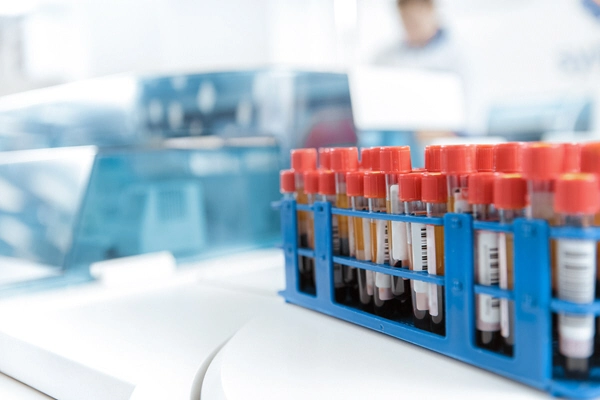
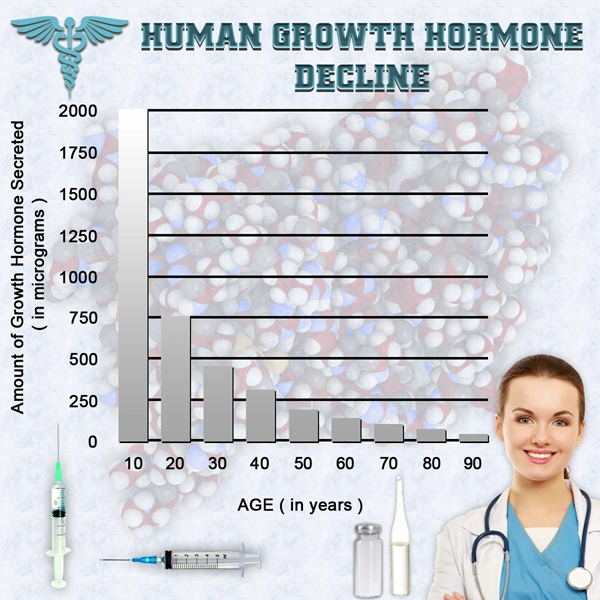
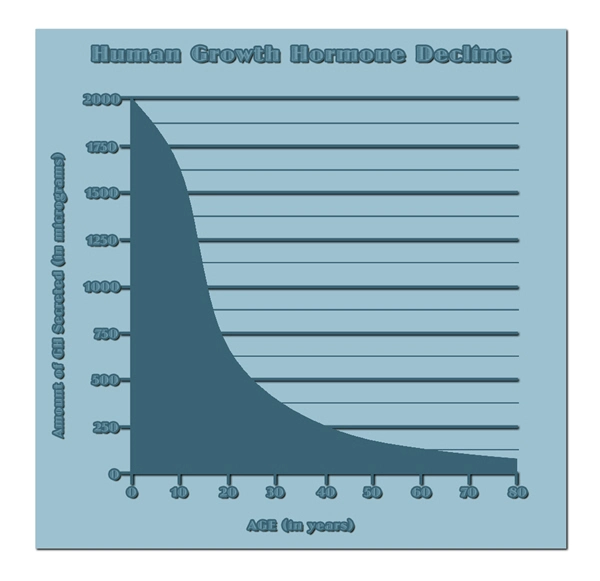
List of USA state clinics - click a flag below for blood testing clinics.
Word Count: 2626


















































